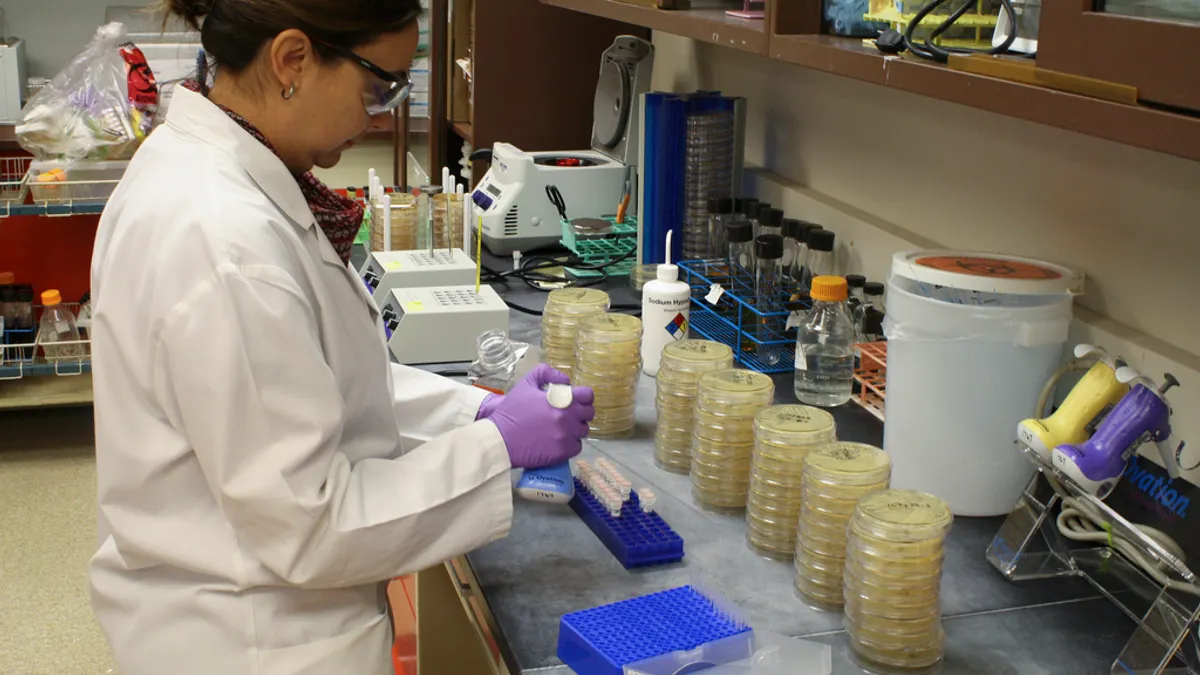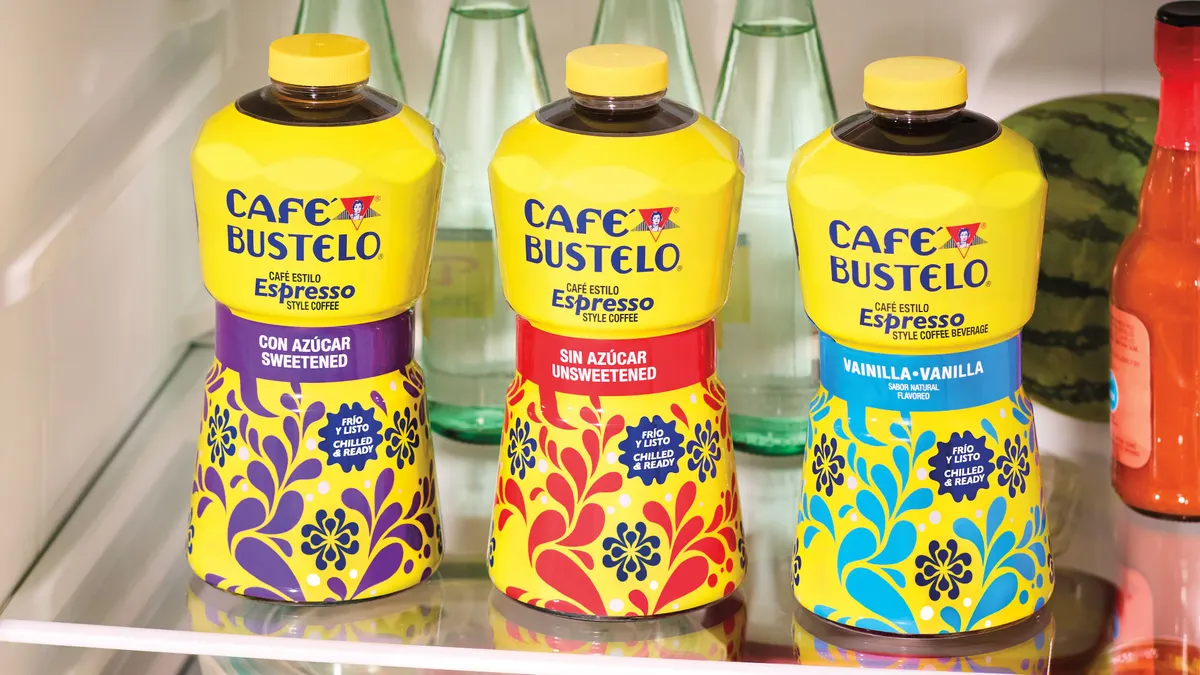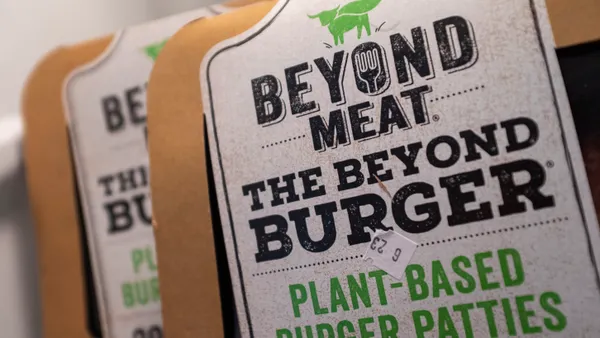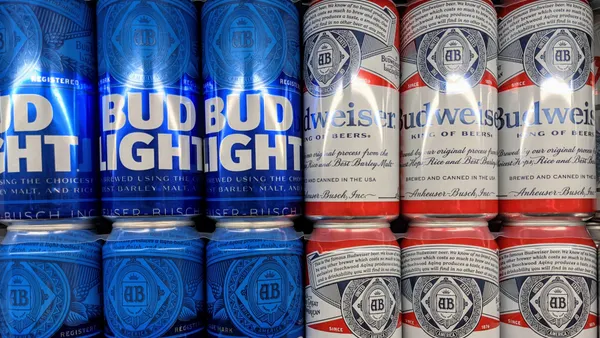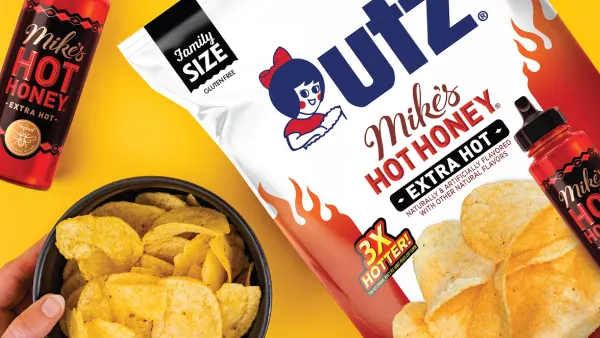Gene Grabowski is proud to be a partner at kglobal, a Washington D.C.-based communications firm. He is also a former journalist and head of communications for the Grocery Manufacturers Association. A recognized authority on crisis communications, Grabowski has managed communications for more than 170 food recalls in his career.
In my career, I’ve managed communications for more than 170 food recalls. I’ve witnessed scores of mistakes by smart, well-meaning companies. And I’ve made at least a few mistakes myself along the way.
To paraphrase Tolstoy, all good recalls are alike; every bad recall is bad in its own way. But there are a few common errors I see repeated over and over again. Here are the five most important I’ve noted:
-
Failing to overcommunicate with customers. In a recall, companies are forced to spend so much time communicating with regulators, attorneys, journalists and consumers. They too often neglect their most important audience: their retail customers. From the outset, companies must keep customers informed if they hope to preserve those all-important business relationships and get their products back on the shelf when the recall is over. During the five-month-long 2007 North American pet food recall, retailers were frantic for information from uncommunicative pet food companies about what was being done to correct supply problems. Arranging regular, reassuring correspondence would have saved many of those companies a lot of aggravation and money. Emails and phone calls to customers during the recall process will keep them up to date on developments and ensure that they know they’re working with a responsible company that’s trying to ease the pain of a recall.
-
Playing games with regulators. There was a time when regulators were more cooperative and the food recall process was a shade more relaxed. But since the passage of the Food Safety Modernization Act in 2011, the FDA and USDA have become far stricter and more difficult to deal with. These days, their number-one pet peeve is companies who play games – withholding information, responding to requests in a slow or lackadaisical manner, or becoming belligerent with inspectors. A frozen food client of mine once chose to fight the recall process every step of the way and attacked regulators in public statements. The result was a painful loss of business fueled by an FDA public relations offensive and consumer resentment.
-
Trying to conduct a limited recall. With the FDA’s permission, companies can keep certain unaffected products on the shelf, in effect containing a recall. But today, this halfway approach usually does more harm than good. Companies often underestimate the scope of the problem, so what begins as a limited event quickly turns into a “rolling recall,” affecting more products and line extensions as the increasing forensic capabilities of the FDA and U.S. Centers for Disease Control and Prevention detect new problems during inspections. An ice cream company client once recalled three different products, one after the other, over a six-week period before it was forced to recall everything it made. The news media and consumers believed the company had experienced four recalls and had behaved irresponsibly.
-
Failing to prepare for the worst. Nobody wants to think about all the damage a recall could potentially cause. But it’s critically important to plan ahead because so many variables are now in play. Smart companies have a tested crisis plan in place, outside experts lined up and available on a moment’s notice, and a respectable recall insurance policy in place. Waiting to plan and execute a recall at the same time is unwise for any company in today’s world of social media and instantaneous communication.
-
Failing to hire outside counsel. Food companies who make the four mistakes I’ve listed above often do so because they make one big error at the outset: They try to manage a recall 100% in-house with existing staff. But in-house staff, who may be well-suited for their day-to-day roles, often lack the experience to handle a crisis or possess inadequate rank to challenge questionable decisions by top company officials. A produce company I once worked with preferred to make all of its crisis communications decisions internally. What it got for that approach was a series of painful mistakes from yes-men and women trying to please the boss.
Food recalls are never easy. But if you learn from the mistakes of others I’ve listed above, your company will likely emerge from a recall with your credibility — and bottom line — intact.


